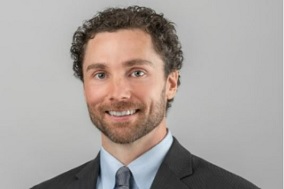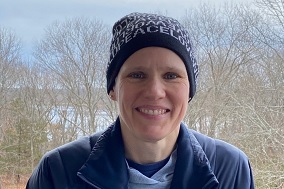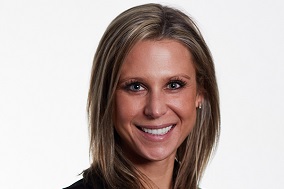Lights, camera, surgery!
How former Hollywood animators are using their skills to help clinicians learn life-saving medical procedures
Remember that scene in the 2013 movie “Gravity” where the International Space Station gets pummeled by space debris that almost kills Sandra Bullock?
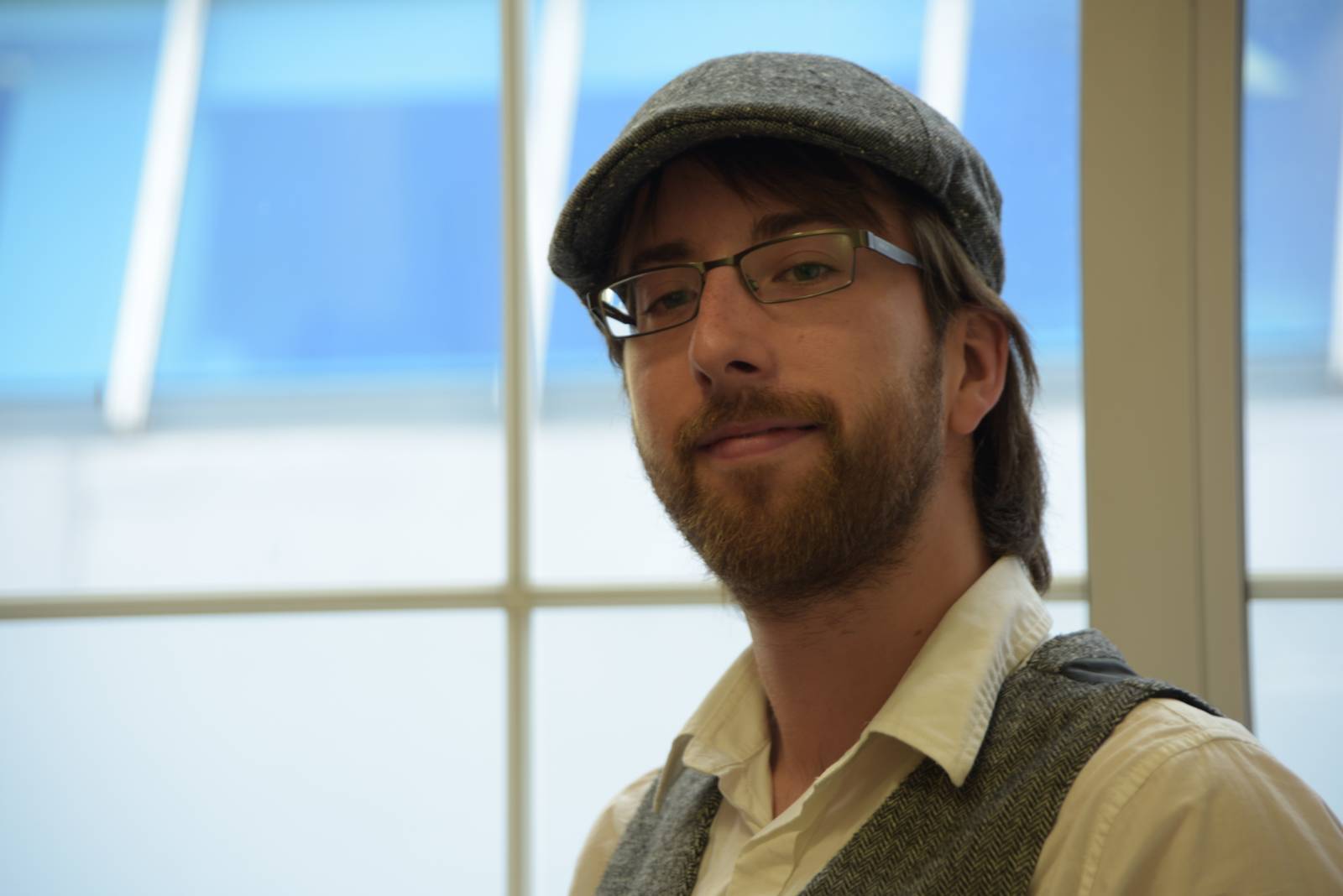
David L. Bates does.
As one of the movie’s lead visual effects artists, Bates consulted with experts at NASA about how to make the scene look as realistic as possible.
“Sadly, I never did get to meet Sandra Bullock or George Clooney on set,” Bates said. “But when you see all the bits of the International Space Station exploding in the background, I was the one who decided what bits of debris ended up where. I got to say, ‘I think I’ll have this one coming this way and this one should go flying past Sandra Bullock's head.’”
Today, Bates works for Medtronic as art director for the Digital Technologies studio team, which includes several former Hollywood animators who worked on films ranging from the Marvel franchise to James Bond and Harry Potter.
Now, they’re applying their expert CGI skills to advance surgical training through our Touch Surgery™ App, part of Digital Technologies’ portfolio, which also includes Touch Surgery™ Enterprise, the first AI-powered surgical video capture and analytics platform.
“This is a unique team, expertly skilled in surgical storytelling,” said Daniel Smollan, the studio director for Digital Technologies who also worked on films like “Total Recall,” “Iron Man,” and the “Bourne Legacy.” “They draw on their creative visual skillset, experience in breaking down surgical steps, and their knowledge of the technicalities of surgical products to create high value content.”
An animation destination
In 2020, Medtronic acquired the UK-based Digital Technologies and became a talent destination for animators who wanted to use their skills to help transform healthcare and help people live healthier lives.
Alison Doggett, who once worked on the “Game of Thrones” set as a production assistant, said her transition from the entertainment industry to the healthcare technology sector has been relatively seamless. And the work has more meaning, she said.
“Working here is such a beautiful mix of science, technology, and art,” said Doggett, the team’s production supervisor. “Before I joined Digital Technologies, I was involved in producing art and telling stories. Creating content that is designed to guide surgeons from the start of a procedure to the end of a procedure is just another form of storytelling but one with a profound sense of purpose.”
Keeping it real
The simulations created by the Digital Technologies team provide enhanced training experiences for surgeons around the world. In fact, our simulations have been accredited to provide continuing medical education and training and academically validated for more than 200 procedures across 17 different specialties.
Much like they did in the entertainment industry, the Digital Technologies studio team focuses on making sure their work looks as realistic as possible.
How do they do it?
Creating realistic surgical simulations requires a great deal of research and requires the team to watch hours of surgery footage. They also collaborate with highly skilled surgeons who advise them on how to make digitally recreated organs look like the real thing.
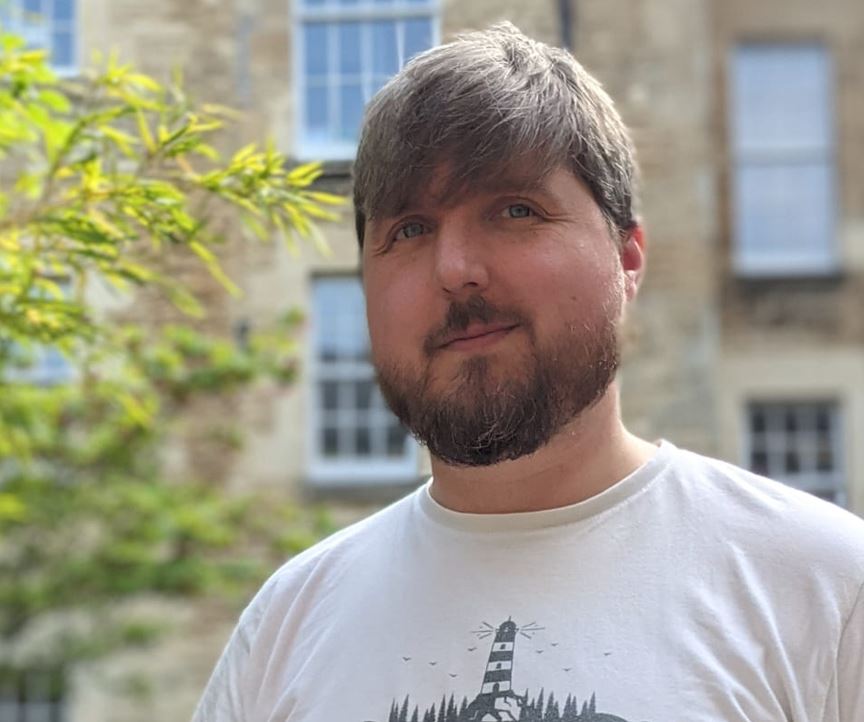
On average, it takes about six months to create each simulation which includes everything from a mastectomy to a total knee replacement.
Tristan Hollett, who started his career in the Canadian military creating training simulations for soldiers, the work he does today isn’t that different than filmmaking. But it does require a very particular set of skills.
“You genuinely must enjoy the process of creation,” Hollett said. “You also must understand the content well enough that you can compose a shot just like you would for a film. You have to think about presenting information in a way that is pleasing to the eye, easy to read, but also accurate. With surgeries, that’s not always easy to do.”
Related content

